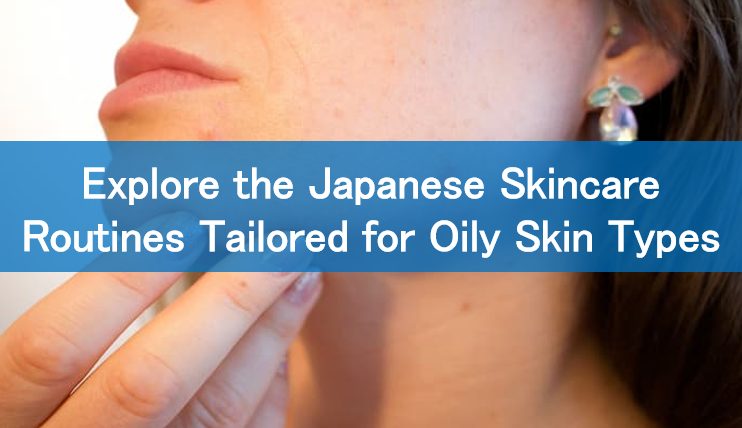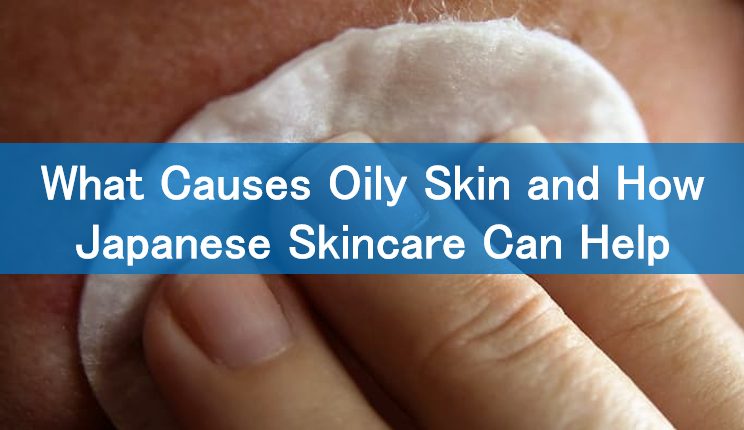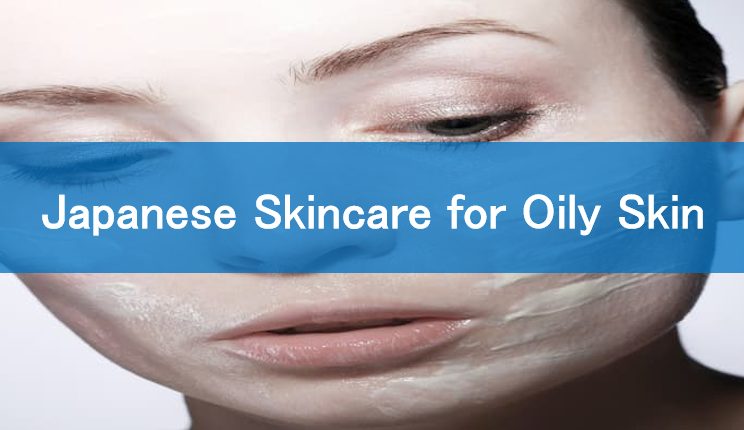
- HOME
- Cosmetic OEM Lab
Explore the Japanese skincare routines tailored for oily skin types.
Explore effective care routines tailored for oily skin in Japanese
Japanese skincare practices are revered worldwide for their meticulous attention to detail, innovative ingredients, and holistic approach to beauty. Among the myriad skin types, oily skin poses unique challenges, including excess shine, enlarged pores, and a predisposition to acne. However, with the right care, even those with oily skin can achieve a radiant, balanced complexion. This article delves into the secrets of Japanese skincare to help perfect oily skin, exploring tailored routines, the causes and management of oily skin, and the remarkable benefits of traditional Japanese ingredients.
Contents

Japanese skincare routines for oily skin are built on the philosophy of gentle care, balance, and the use of natural ingredients to control oil production without stripping the skin of its natural moisture. A typical routine includes double cleansing, where an oil-based cleanser is followed by a water-based cleanser, to thoroughly remove impurities and excess sebum while maintaining skin hydration. Toning with lightweight, water-based products helps to refine pores and prep the skin for subsequent treatments. Moisturizing with gel or water-based moisturizers keeps the skin hydrated without adding oiliness. Lastly, sunscreen is a non-negotiable step to protect the skin from harmful UV rays, which can exacerbate oil production and skin damage.
Delving into the realm of Japanese skincare provides a fresh perspective on managing oily skin, a condition often met with frustration. This approach is rooted in centuries-old traditions that value harmony and balance, offering insights into the nature of oily skin and its care. Japanese skincare expertise shines in its ability to blend tradition with innovation, introducing gentle yet effective routines that cater specifically to the challenges of oily skin. Through a deep understanding of what oily skin truly means and the protective role of the sebum film, this expertise guides individuals towards achieving a luminous, balanced complexion.
Oily skin is characterized by an overproduction of sebum from the sebaceous glands. This skin type often appears shiny, has larger, more visible pores, and is prone to acne and blackheads due to the buildup of oil and dead skin cells.
The sebum film is a thin layer of oil on the skin’s surface that helps protect and moisturize the skin. While necessary for skin health, an excess of this film can lead to the common issues associated with oily skin.

The quest to understand and control oily skin leads us to consider various internal and external factors, from genetics to environmental influences. Japanese skincare steps in with solutions that address the root causes of oiliness, employing a holistic view that encompasses diet, lifestyle, and meticulous skincare routines. This approach not only helps in identifying the triggers of excess sebum production but also in implementing natural, gentle remedies to maintain the skin’s delicate balance. By focusing on hydration, proper cleansing, and the use of targeted treatments, Japanese skincare practices offer a pathway to minimizing shine, refining pores, and promoting a healthier, more radiant skin condition.
Genetics, hormonal imbalances, diet, and stress are key factors contributing to oily skin. External factors like humidity and overuse of harsh skincare products can also aggravate oil production.
Oily skin is usually shiny, with enlarged pores. It may feel greasy to the touch a few hours after cleansing.
Incorporating gentle, oil-controlling products into your skincare routine, staying hydrated, eating a balanced diet, and avoiding heavy, occlusive products can help manage oily skin effectively.
Interestingly, oily skin can also be dehydrated, a condition known as “inner dry skin”. This occurs when there’s a lack of moisture within the skin, prompting the sebaceous glands to produce even more oil to compensate. Japanese skincare emphasizes the importance of hydrating thoroughly to balance oil production and maintain healthy skin.

Japanese skincare for oily skin is a testament to the power of nature and tradition, harnessing the benefits of ingredients like rice, sake, and azuki beans to address the specific needs of this skin type. These natural components are celebrated for their ability to absorb excess oil, brighten the complexion, and gently exfoliate the skin, thereby preventing the clogging of pores and the subsequent breakout of acne. By incorporating these time-honoured ingredients into daily skincare routines, individuals with oily skin can experience a transformation towards a more balanced, clear, and radiant complexion, embodying the essence of Japanese beauty philosophy.
Rice, a staple in Japanese beauty rituals, has excellent oil-absorbing properties. Rice bran, or komenuka, is rich in vitamins B and E and antioxidants, which help to brighten, soothe, and smooth the skin, making it a perfect ingredient for oily skin types.
Sake, the famed Japanese rice wine, contains kojic acid, an agent known for its skin-brightening effects. It also helps to control oil production and diminish the appearance of pores, offering a dual benefit for oily skin.
Azuki beans, often used in traditional Japanese skincare, are a natural exfoliant. Ground azuki beans gently remove dead skin cells and unclog pores without stripping the skin’s natural oils, promoting a clear, balanced complexion.

Embracing the principles of Japanese skincare can transform the care of oily skin from a challenge into a rewarding ritual. By understanding the nature of oily skin, incorporating targeted ingredients like rice, sake, and azuki beans, and adopting a balanced, gentle approach to skincare, individuals with oily skin can achieve a radiant, healthy complexion. Remember, the key to managing oily skin lies in balance—not in stripping away oil, but in nurturing the skin’s natural protective barrier and optimizing its health with nature-inspired, time-tested solutions.
For further information, please contact us.